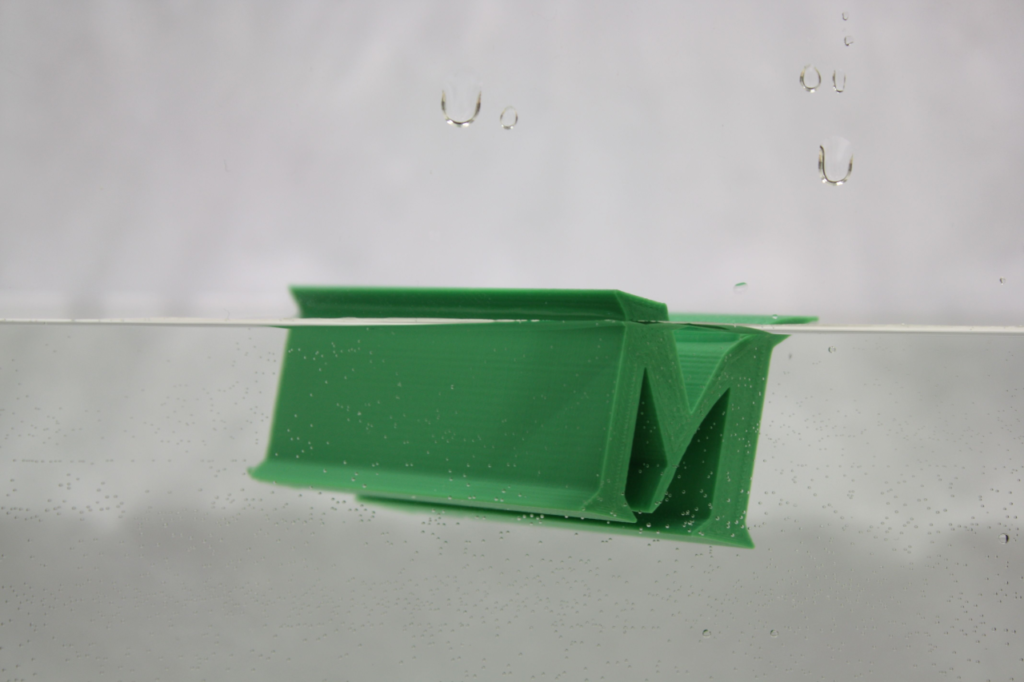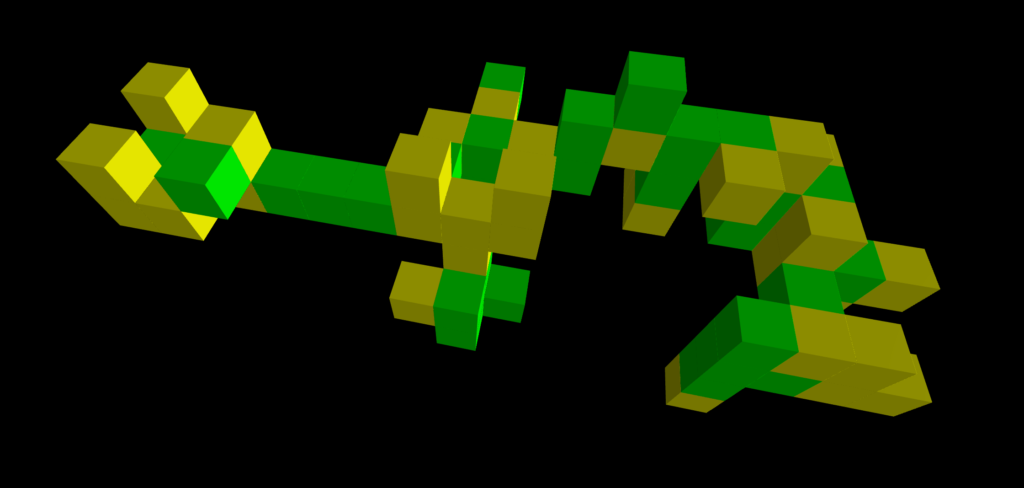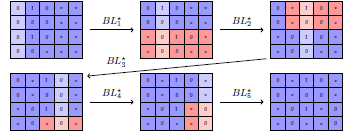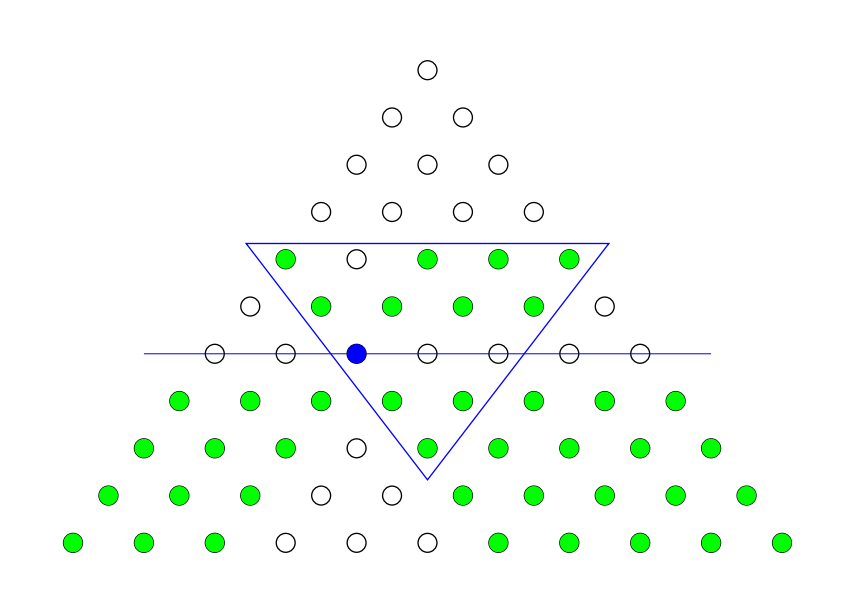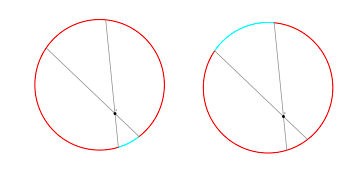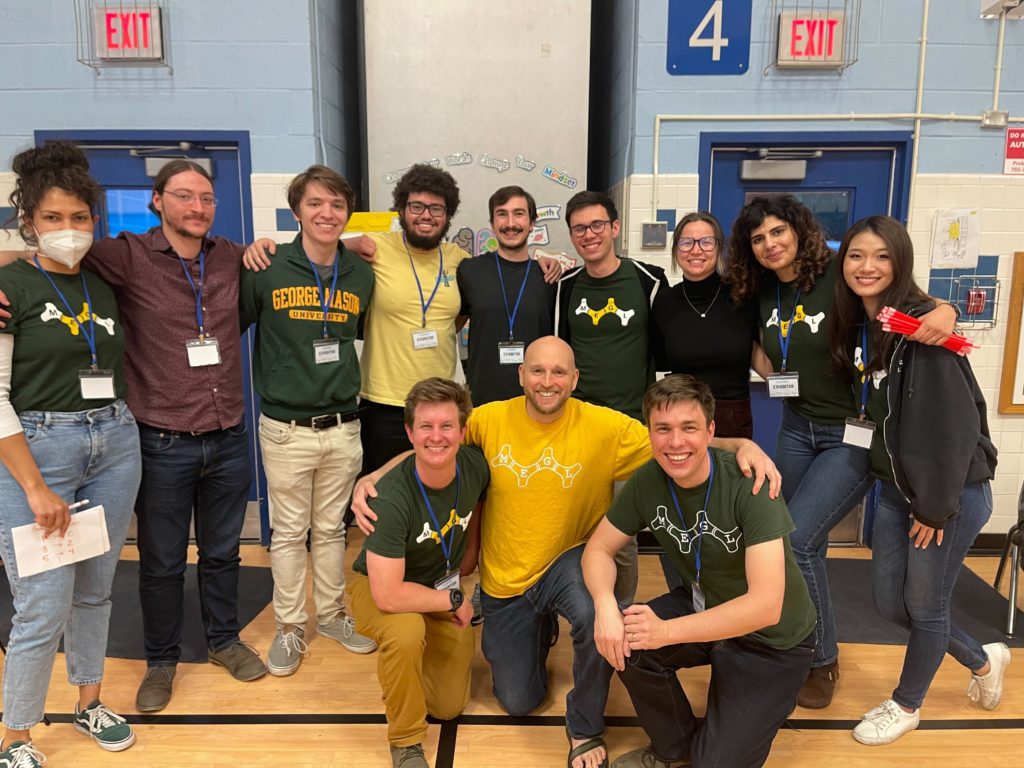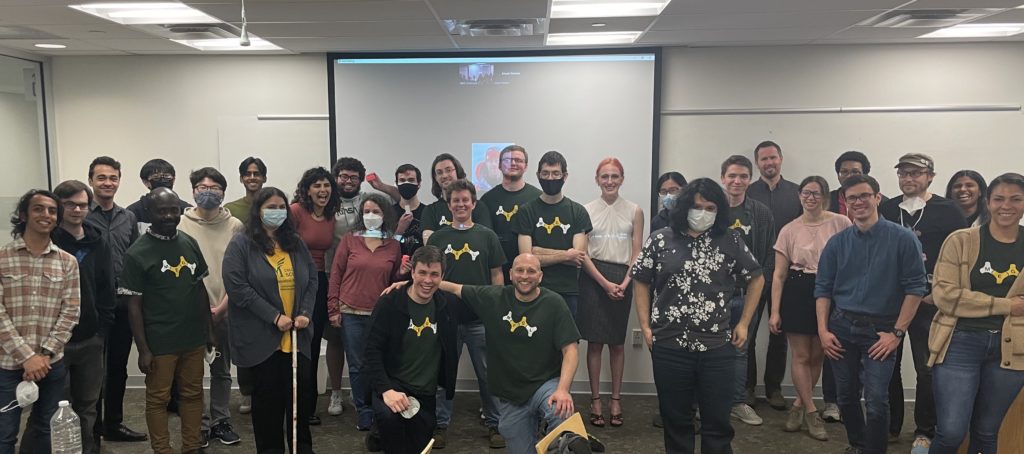
During Spring 2022 MEGL ran a 6 project program along with aiding 3 honor thesis projects with 33 participants (faculty, graduate, and undergraduate students). The six research/visualization groups are titled:
- The stability of icebergs and other floating objects
- Random 3D Polyforms
- Combinatorics of Cohomology Rings of Peterson Varieties
- Peterson Schubert Calculus
- Harmonic Functions and the Dirichlet Problem with Polynomial or Rational Data on Certain Domains in the Plane
- Networks, Graphons and Epidemics
The three honor thesis projects are titled:
- Speed and stability of traveling waves in population growth models
- Persistent homology
- Vertex algebras
In addition to these projects, MEGL ran a public engagement group which we refer to below as Outreach.
The research/visualization groups engaged in experimental explorations involving faculty, graduate students, and undergraduates. Teams met weekly to conduct experiments generating data, to make conjectures from data, and to work on theory resulting from conjectures. The outreach group involved faculty, graduate students, and undergraduates to develop and implement activities for elementary and high school students that were presented at local schools and public libraries.
We concluded with an end of term symposium and a poster session, sharing progress and results of our research. To learn more, see below:

